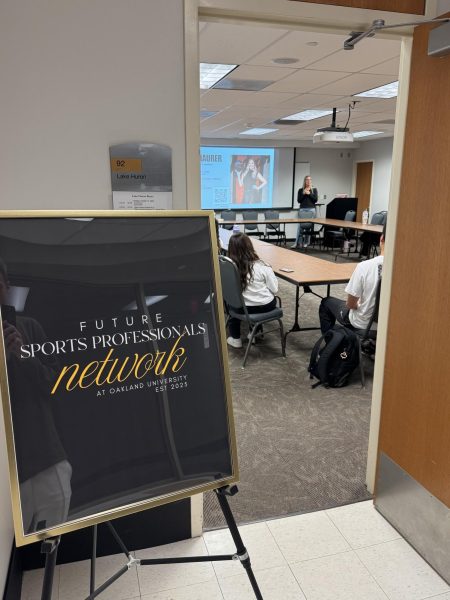Midterms feature historic successes in Michigan, Democratic setbacks
Photo courtesy of Steve Helber
A supporter of Democratic nominee Terry McAuliffe attended an election party on Nov. 2, 2021. The Republican nominee Glenn Youngkin prevailed in the gubernatorial race.
As reported by the Associated Press, the Nov. 2 midterm elections saw notable defeats for the Democratic Party throughout the nation. Most prominent of these was in the Virginia gubernatorial race between Democratic nominee Terry McAuliffe and Republican nominee Glenn Youngkin. In that race, Youngkin prevailed, albeit in a state where Joe Biden won by 10 percentage points in the 2020 presidential election.
Seen as a reasonable indicator of the upcoming 2022 elections, these midterms saw the Democratic party face a series of setbacks on the national level, which centered on issues such as education, the COVID-19 pandemic and increasing supply chain problems.
“The Democrats seemed to be in trouble for the midterm elections,” said Nicole Mathew, P.h.D., associate professor of political science at Oakland University. “Being as Virginia was somewhat of a swing state — although a little more Democratic-leaning state — with the Democratic candidate for governor losing, it was a bad sign for the 2022 elections.”
Virginia’s history as a consistently democratic state is what added influence to Youngkin’s win, and the gubernatorial race was seen as a fair — although not supreme — predictor of what is to come in 2022. In this loss, Democrats gained a preview of what challenges they may face in reelection campaigns for the congress and presidency.
The presence of prominent national political figures — such Barack Obama and current president Joe Biden — still saw the Democrats lose the gubernatorial office by 63,000 votes. A focus on national level politics is a strategy that lost Democrats the Virginia governor’s seat, and nearly saw the same outcome in the New Jersey governor’s race, according to Dr. Mathew.
“The attempt to nationalize the election [in Virginia] by bringing in national political figures actually didn’t help that much,” Dr. Mathew said. “That could mean that people are so partisan that the presence of such figures doesn’t matter. For example, Joe Biden’s current approval rating among independents is not that great, and Democrats were going to vote for a Democratic candidate no matter what.”
A focus on local issues in upcoming elections — such as the importance of education in Virginia — may serve both major parties well as they put forth their candidates in 2022. Rising inflation and a COVID-19 pandemic that has killed 757,663 people will play an undoubtedly large part in deciding the presidential and key congressional elections, but parties must work to balance national and local priorities to be successful, Dr. Mathew argues.
“What this suggests for the 2022 elections is that the candidates need to pay a lot more attention to the conditions in their particular districts,” Dr. Mathew said. “It doesn’t seem like having a national strategy as in ‘We’re the party that is not [Donald] Trump’ when he is not on the ballot is enough to win an election. You have to show concern for the issues that the voters are saying that they care about.”
National politics aside, most Michigan races progressed as predicted, with much of the surprise emanating from mayoral and city council elections in Hamtramck and Dearborn. In Hamtramck, the nation’s first all-Muslim city council was elected, with races in the Dearborn area seeing mayors of similar background win elections.
“It was no surprise that Mayor Duggan was easily reelected in Detroit,” said David Dulio, Ph.D., professor of political science at OU. “The bigger, more notable occurrence was the election of an all-Muslim city council in Hamtramck, as well as the election of some Muslim mayors in Dearborn. These instances are historic and should be recognized as such.”





